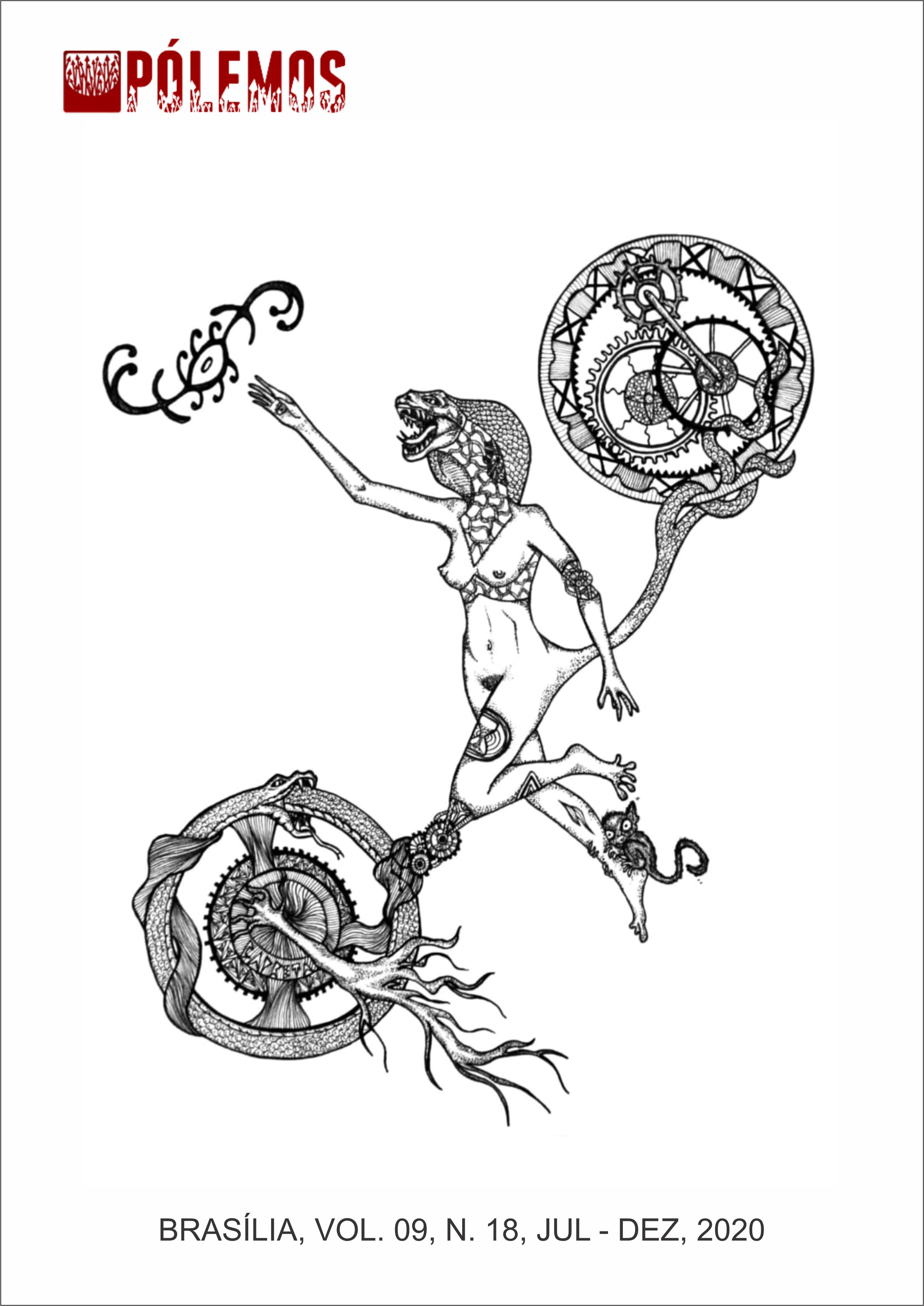HOW USEFUL IS USELESS KNOWLEDGE?
Philosophical and historical considerations on the social importance of epistemic activities
DOI:
https://doi.org/10.26512/pl.v9i18.29905Keywords:
Knowledge. Epistemic activities. Usefulness. Value. Abraham Flexner.Abstract
This essay reflects on the usefulness of knowledge. In the academic milieu it is taken for granted that intellectual culture is valuable, but to the laymen it is not obvious that it is the case. They are led to believe that universities and research institutes are useless and, therefore, should not receive support from the state. Intellectual activities have no immediate economic or social return, this seems to lead to the conclusion that investing on them is superfluous when compared to more socially important domains, such as Healthcare, public security and basic education. The conception of usefulness behind this kind of reasoning is examined, in order to show that scientific knowledge is necessary to the possession and maintenance of goods considered to be useful. The paper The Usefulness of Useless Knowledge, by Abraham Flexner, is used to substantiate the defense of the practical and social value of epistemic activities. Mario Bunge’s philosophy of science is used to make clear some aspects of the science-technology-society relation about which Flexner does not elaborate on.
Downloads
References
BUNGE, Mario. Ciência e Desenvolvimento. Tradução Cláudia Regis Junqueira. São Paulo: Editora da Universidade de São Paulo, 1980.
DIJKGRAAF, Robbert. The World of Tomorrow. In: FLEXNER, Abraham. The Usefulness of Useless Knowledge. New Jersey: Princeton University Press, 2017.
FLEXNER, Abraham. The Usefulness of Useless Knowledge. New Jersey: Princeton University Press, 2017.
HOSSENFELDER, Sabine. Lost in Math: How Beauty Leads Physics Astray. New York: Basic Books, 2018.
SAGAN, CARL. Why we need to understand science. In: Skeptical Inquirer. Vol. 14, no. 3. 1990, (p. 263-269).
SCHWAGER, Jack D. Market Wizards: Interviews with Top Traders. New Jersey: John Wiley & Sons, 2006.
WEBER, Max. A Ciência como Vocação. Tradução de Artur Morão. In: WEBER, Max. Três tipos de poder e outros escritos. Tribuna da História: Lisboa, 2005.
Downloads
Published
How to Cite
Issue
Section
License
Copyright (c) 2020 PÓLEMOS ”“ Revista de Estudantes de Filosofia da Universidade de Brasília

This work is licensed under a Creative Commons Attribution-NonCommercial-NoDerivatives 4.0 International License.
Todos os trabalhos que forem aceitos para publicação, após o devido processo avaliativo, serão publicados sob uma licença Creative Commons, na modalidade Attribution-NonCommercial-NoDerivatives 4.0 International Public License (CC BY-NC-ND 4.0). Esta licença permite que qualquer pessoa copie e distribua a obra total e derivadas criadas a partir dela, desde que seja dado crédito (atribuição) ao autor / Ã autora / aos autores / às autoras.


